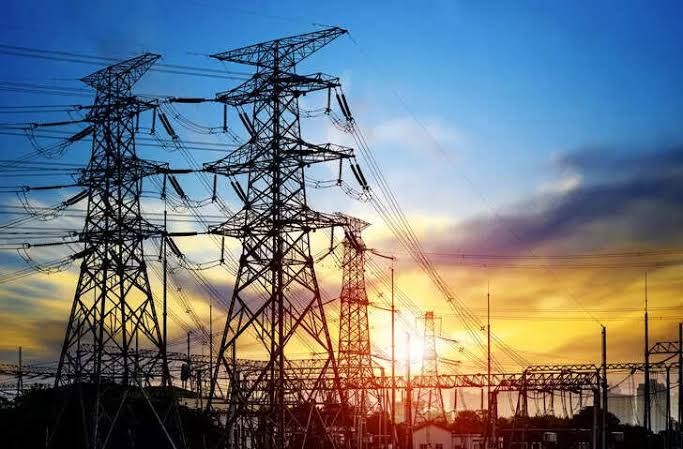Nigeria has again been ranked as the country with the highest number of people lacking access to electricity, according to a new World Bank report released on Tuesday.
The report, “Tracking SDG7: The Energy Progress Report 2025,” revealed that an estimated 86.8 million Nigerians were without electricity in 2023, maintaining the country’s position as the world’s largest electricity access gap for the third consecutive year.
“Nigeria (86.8 million), the Democratic Republic of Congo (79.6 million), and Ethiopia (56.4 million) accounted for roughly one-third of the global electricity access deficit,” the World Bank stated. “In total, the 20 countries with the largest deficits made up 76 percent of the global total, with 18 of them located in Sub-Saharan Africa.”
The report, which tracks progress toward Sustainable Development Goal 7 (SDG7)—universal access to affordable, reliable, sustainable, and modern energy by 2030—shows that only 61 percent of Nigerians had access to electricity in 2023. Access to clean cooking energy remains significantly lower, at just 26 percent.
The report also paints a broader picture of stagnation across Sub-Saharan Africa. While 35 million people in the region gained access to electricity in 2023, the population grew by nearly 30 million, leading to a net reduction of only 5 million in the regional access gap. Overall, Sub-Saharan Africa now accounts for 85 percent of the global population without electricity, up from 50 percent in 2010.
In stark contrast, countries in Central and Southern Asia have made substantial progress. The region cut its electricity access gap from 414 million people in 2010 to just 27 million in 2023, demonstrating rapid progress toward energy access targets.
The World Bank report warns that without accelerated action, 645 million people could still be without electricity by 2030, with the vast majority concentrated in Africa. While 665 million people have gained electricity access globally since 2010 and 21 countries have achieved near-universal coverage, the report stresses that current policies will be insufficient to meet SDG7 targets unless implementation speeds up significantly—particularly on the African continent.





